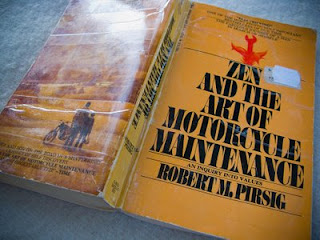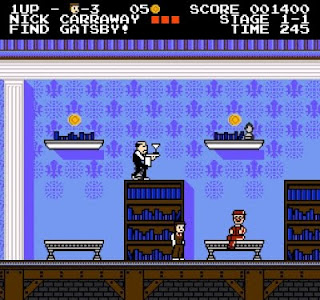
How did the actor, director, Oscar host, performance artist, and PhD candidate became America’s most famous poetry geek?
From an interview with the Poetry Foundation...
Travis Nichols: You seem to read poetry that has a little more crunch to it than your standard “refrigerator door” poetry. I was wondering when you were able to make that leap—from historical, dorm room poetry like Neruda and Ginsberg to contemporary poets like Frank Bidart and Spencer Reece. Did you make the leap on your own?
James Franco: I came across Ginsberg and the Beats when I was in high school. And then I suppose my first intro to what I guess you’d call the opposite pole of the poetry world at the time—Lowell and Bishop and, in that tradition, Anthony Hecht—was when I went back to UCLA. I had a teacher named Jonathan Post who had been a student of Hecht, and so he taught a class that covered American poetry up until the ’60s or ’70s. But it really wasn’t until I went to Warren Wilson that I was exposed to contemporary poetry in a real expansive or in-depth way.
When I was at Columbia there were some great poets there, and I wanted to study with Richard Howard. I was in one of his lectures, but I wanted to take a poetry workshop with him, but they just said no [laughs]. You can cross over in the lectures and seminars, but fiction writers are not allowed to go to the poetry workshops. So I asked this guy named Ian R. Wilson, who taught me at UCLA Extension, what I should do. I had gone to UCLA when I was 18 to get my bachelor’s in English, and then I left after a year to act. I went back eight years later to finish, but before I re-enrolled, I took some classes through UCLA Extension. And I took a couple of writing classes with this guy named Ian R. Wilson.
It’s funny because the UCLA Extension writing classes have a great history—Michael Cunningham taught there, and John Rechy and Janet Fitch—so I took some classes there, and this guy Ian R. Wilson was my teacher. He wrote both fiction and poetry, and so when Columbia told me that I couldn’t take the poetry classes, I was pissed off. So I asked him, “Where should I go? I want a place so I can study poetry seriously.” Even though I am at Yale now, sure there are some classes on contemporary poetry, but not in the way that it’s studied at Warren Wilson.
At Yale, you study the Romantics, you study Whitman, but not contemporary poetry. Ian said, “For my money, Warren Wilson is the best poetry program in the country as far as the faculty goes and the way the program is run and the attention you get. You should go there.” And so I applied and they let me in. That’s where I was really exposed to everything. They have a wide range of features, but there is still a heavy emphasis on craft and less experimental kinds of poetry. It seems like maybe a place like Columbia—I don’t know, I didn’t get to take any of the classes, right?—but it seems like a place like Columbia would push more kind of experimental work or, I’m not quite certain, but maybe Chicago or Iowa might push more experimental stuff, more experimental than Warren Wilson. But Warren Wilson is very strong on contemporary poets.



















































